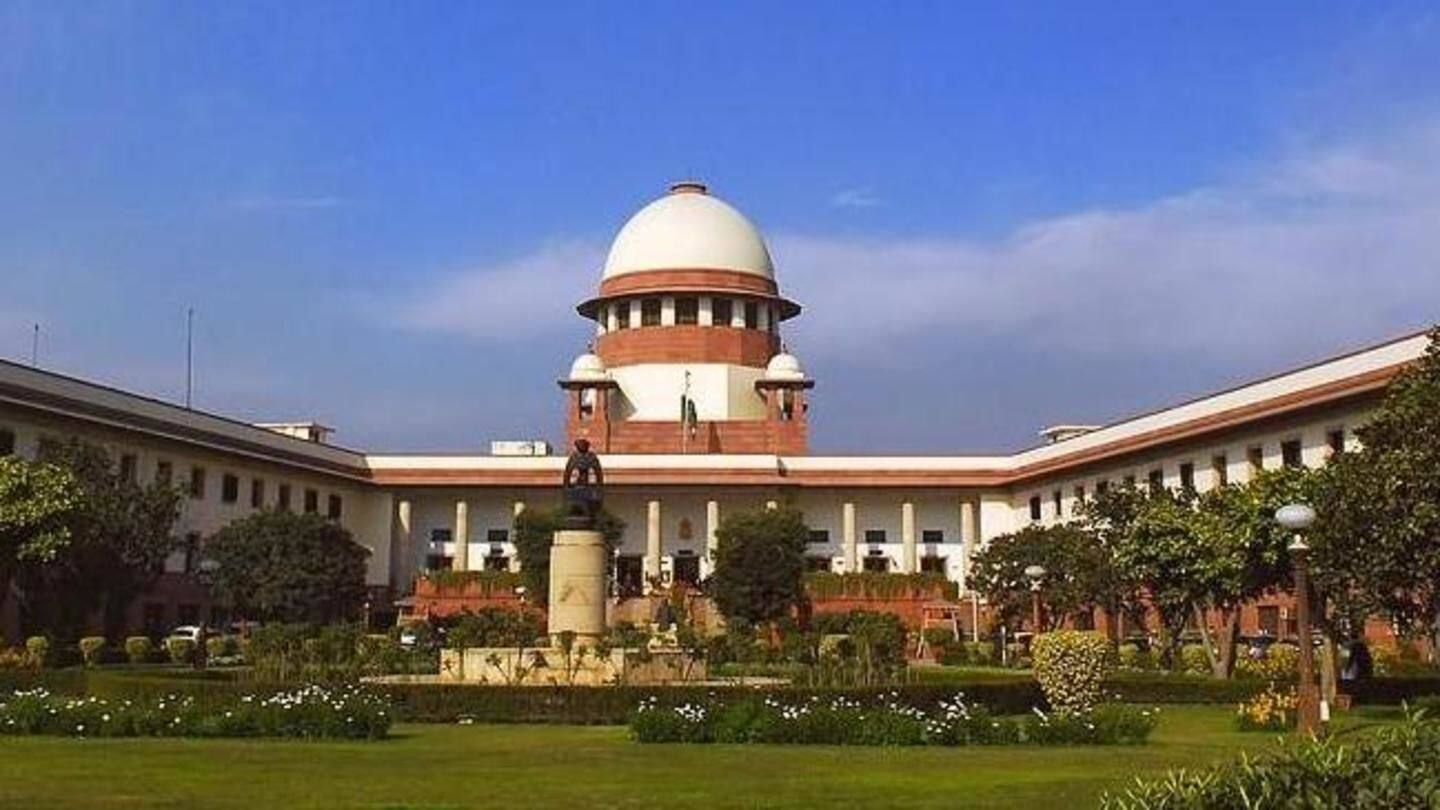
Supreme Court refers female genital mutilation case to Constitution bench
What's the story
On Monday, the Supreme Court referred the case of female genital mutilation in Dawoodi Bohra community to a Constitution bench, after Attorney General KK Venugopal and Senior Advocate Mukul Rohatgi requested for the same.
Venugopal told the bench comprising Chief Justice Dipak Misra and Justices AM Khanwilkar and DY Chandrachud that the matter should be referred to Constitution bench, and the SC acceded.
CJI Misra
CJI Misra has busy days before retirement
In his last week in office, CJI Misra is expected to deliver judgment in case including Aadhaar, Adultery and Ayodhya.
He retires on October 2 and since he heads both the Constitution and three-judge bench, it was expected he will give verdicts before demitting office.
Apart from the aforementioned cases, the SC is also expected to deliver judgment on women's entry in Sabarimala temple.
Hearing
Earlier, bench noted this practice violated articles of Constitution
In one of the hearings, the bench said the practice of 'khatna' (as mutilation is called) violated the Articles 21 and 15 of the Constitution which protect life and prohibit discrimination on any grounds.
CJI Misra noted a woman cannot submit herself to the whims of a man.
"When we are for the affirmative push to women's right, how can it be reversed?" he had asked.
Arguments
Senior lawyer said touching genital for non-medical purposes is crime
Senior lawyer Indira Jaising who appeared for one petitioner said those who wish to continue the practice might argue penetration is a crime under IPC, "but any touching of genital with the exception of medical reasons is an offense."
Separately, Venugopal had informed the apex court that 42 countries, including 27 in Africa, banned the practice, and WHO too called for a ban.
Information
Centre support petitioner's stand against female genital mutilation
Supporting the petitioner's plea, the Centre told SC mutilation was a crime under IPC and POCSO Act. The Centre asked the apex court to 'step in and issue directions' and informed the bench that it is a crime punishable with imprisonment of seven years.